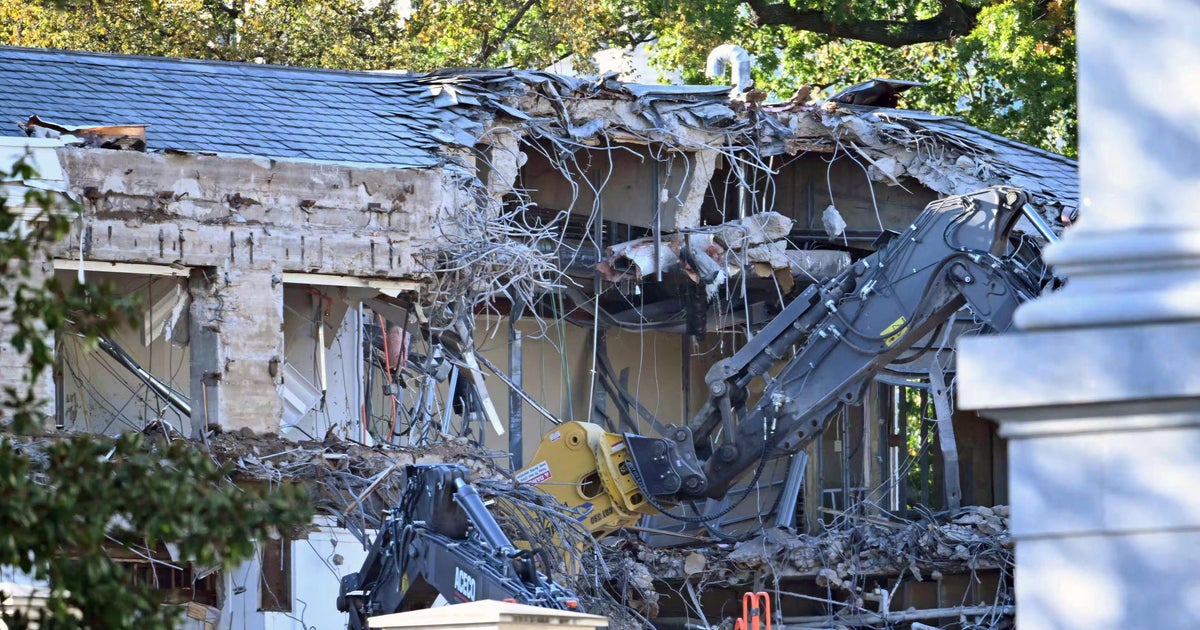CHICAGO — Officials are bracing for federal agents to be deployed Friday in Chicago as part of an “operation” that will last more than a month.
The agents are expected to focus on making immigration arrests and raids in and around Chicago, though President Donald Trump has said he is also considering sending the National Guard to the city as part of a crime crackdown.
Those involved in Immigration and Customs Enforcement (ICE) operations will likely be “fully assembled” on Friday, the governor told reporters at a news conference Wednesday afternoon, but it’s not clear when the immigration operation will begin.
“It doesn’t mean there will be any action on Friday. I don’t want to tell you that I know absolutely because they haven’t confirmed any of that to us, but what we’re hearing is they’ll be ready to go on Friday,” he said.
The mayor of suburban Broadview — where ICE has a processing center for detained immigrants — sent a letter to neighbors Tuesday alerting them that “federal officials have informed us that a large-scale enforcement campaign will soon be underway.”
The operation is expected to run daily for about 45 days, and the Broadview immigration facility will be the “primary processing location,” according to Mayor Katrina Thompson’s letter.

More than 200 agents, including some from Customs and Border Protection, are being sent to the Great Lakes Naval Base as part of the operation, according to the Sun-Times’ Violet Miller.
More than two dozen agents who are already at the Great Lakes station have been seen practicing crowd control work using shields and flash-bang grenades, sources told the Sun-Times.
The New York Times reported that Department of Homeland Security officials asked to use the naval station near North Chicago for operations that would house 250 personnel and include a tactical operations center, an incident command post, bathrooms, laundry, parking for 140 vehicles and storage for medical supplies and less-lethal weapons such as rubber bullets and tear gas.
The governor’s office is making sure Chicago police and local law enforcement “are aware” of immigration authorities’ plans so they “are not standing near those actions or assisting in those actions, but also being ready for protests that may occur,” Pritzker said Wednesday.
Local officials are working to protect people’s safety, but cannot interfere with immigration enforcement operations, Pritzker said.
“We cannot stand in the way … What we’re trying do is to get them to follow the law and when they’re not following the law, take them to court and prosecute them if they’ve done something truly illegal,” Pritzker said Wednesday.
On Saturday, Johnson signed an executive order aimed at resisting federal agents should they appear.
In Chicago, officials have urged residents to prepare for demonstrations but stressed the importance of peaceful protest. Pritzker warned Trump could seize on any confrontation to justify sending active-duty troops into Chicago.
Trump has for weeks threatened to send the National Guard to Chicago while calling Johnson and Pritzker “incompetent.” On Tuesday, he doubled down, calling Chicago a “hellhole” after seeing reports that at least eight people were killed and more than 50 were wounded over the Labor Day weekend.
“The President is begging me to call him to ask him to do something that we don’t want,” Pritzker said Wednesday. “He wants to set into the fact pattern that the governor called him to ask for help. Why? Because he’s going to end up in court.”
A federal judge ruled Tuesday that President Donald Trump’s administration “willfully” broke federal law by sending the National Guard to Los Angeles in response to protests over immigration raids, the Associated Press reported.
Crime statistics for Chicago this year show a 30 percent reduction in homicides, a 35 percent reduction in robberies and a nearly 40 percent drop in shootings. Chicago is also not listed as a top 25 most dangerous U.S. city, according to a list complied by the FBI.
After meeting with community violence intervention leaders from Metropolitan Peace Initiatives Wednesday, Pritzker said local investments in these programs have contributed to reducing gun violence. Shootings have decreased by 41 percent in areas where community workers are deployed to de-escalate conflicts, according to a 2024 program report.
“President Trump’s deep cuts to these programs are another indication that his administration is not serious about fighting crime,” Pritzker said in a release.
Listen to the Block Club Chicago podcast:


